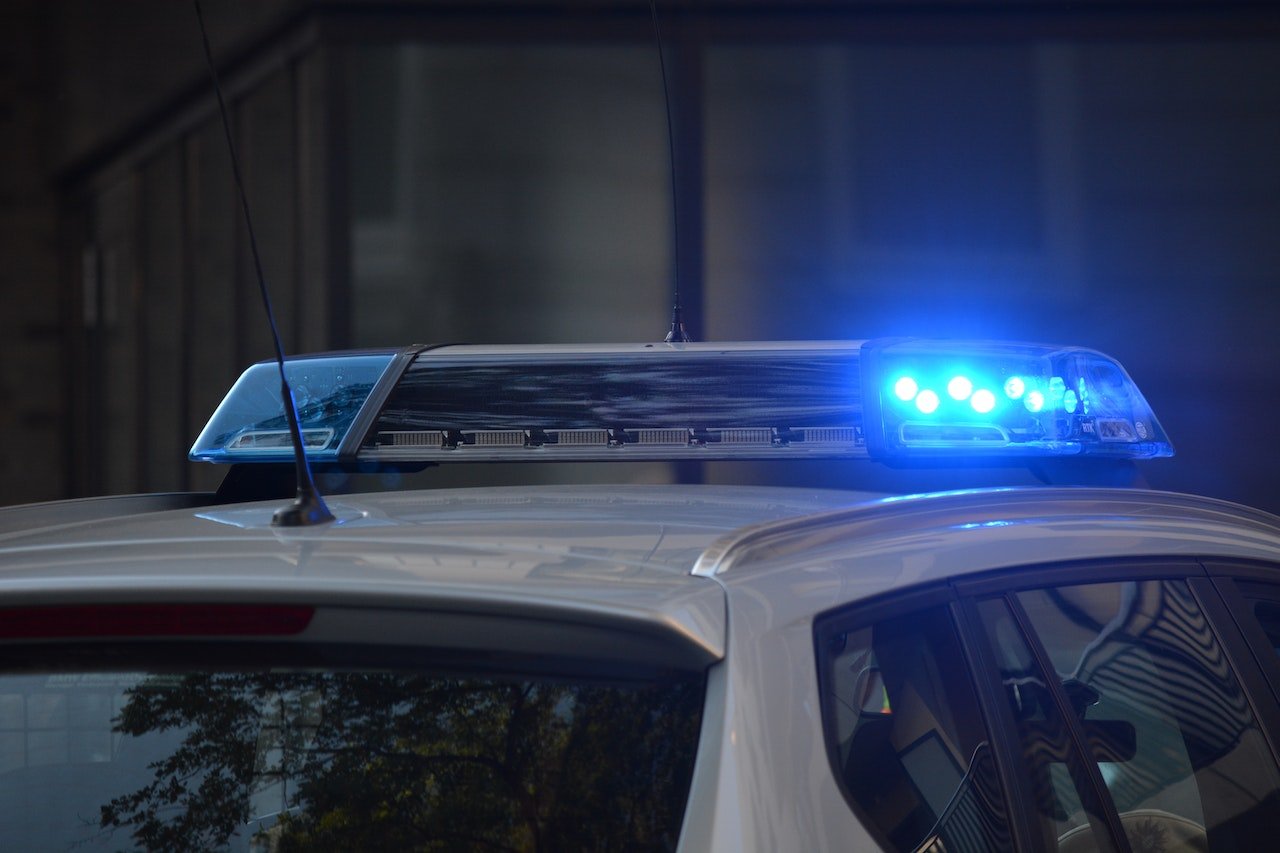Podcast: Play in new window | Download
Subscribe Apple Podcasts | Spotify | Amazon Music | iHeartRadio | Email
Podcast: Play in new window | Download
Subscribe Apple Podcasts | Spotify | Amazon Music | iHeartRadio | Email
Introduction
Encounters with law enforcement officers can be intimidating, and it’s essential to know your rights and how to handle such situations calmly and responsibly. Whether you’re pulled over for a traffic violation, approached on the street, or questioned in any other context, understanding what to do when stopped by the police can make a significant difference in protecting your rights and ensuring a safe interaction for all parties involved. In this blog post, we’ll outline some key steps to take if you find yourself in this situation.
The David Smith Law Firm, PLLC provides competent legal representation to all our clients. David Smith is an experienced trial attorney who is Board Certified, Criminal Law — Texas Board of Legal Specialization. The David Smith Law Firm, PLLC prides itself on principled, criminal law expertise coupled with zealous representation fighting for success for you. David Smith has extensive knowledge of the laws specific to Brazoria County and Harris County, Texas related to police encounters, and the Fourth, Fifth, Sixth, and Fourteenth Amendments to which everyone is entitled.
As a resident of Texas, it is important to know about what to do when stopped by the police.
1. Stay Calm!
First and foremost, it’s crucial to remain calm and composed during any police encounter. Keep your hands visible and avoid any sudden movements. In most situations, the police are looking to maintain safety and enforce the law. Resisting arrest, arguing, or becoming confrontational can escalate the situation and potentially lead to more serious charges. Remember, let a lawyer argue in court over whether your rights were violated and why evidence should be suppressed by the Court due to unconstitutional violations of your rights.
2. Be Polite and Respectful
Being respectful and polite when interacting with law enforcement officers can go a long way. Address the officer as “Officer” or “Sir/Ma’am” and avoid using offensive language or gestures. Remember that any disrespectful behavior can be used against you in court.
3. Know Your Rights
Understanding your legal rights is crucial when stopped by the police. The most important rights to remember are:
a. The right to remain silent: You have the right to remain silent and cannot be compelled to answer questions beyond providing identification (if required).
b. The right to an attorney: If you are arrested, you have the right to an attorney. You can request one immediately and should do so!
c. The right to refuse searches: In most cases, you have the right to refuse a search of your person, vehicle, or property unless the officer has probable cause or a valid search warrant.
d. The right to leave if not under arrest: If you are not under arrest or being detained, you generally have the right to walk away from the encounter.
4. Comply with Requests for Identification
In many situations, the police may request identification, such as your driver’s license, registration, and proof of insurance if you’re pulled over while driving. It’s generally best to comply with these requests, as failing to do so could result in additional legal complications.
5. Document the Encounter
If you believe your rights have been violated during the police encounter, it can be helpful to document the situation as much as possible. You can do this by:
a. Recording the interaction on your smartphone if it’s safe to do so.
b. Taking note of the date, time, location, and the names or badge numbers of the officers involved.
c. Collecting contact information from any witnesses present.
6. File a Complaint If Necessary
If you believe the police have violated your rights or acted inappropriately during the encounter, you can file a complaint with the relevant law enforcement agency. Consult with an attorney before doing so to ensure you navigate the process correctly.
Summary
Knowing what to do when stopped by the police is essential for safeguarding your rights and ensuring a smooth interaction. While most police encounters are routine and uneventful, being prepared and informed can make a significant difference if you ever find yourself in a more complex or challenging situation. Remember to remain calm, respectful, and knowledgeable about your rights to protect yourself and your legal interests. If you have concerns about a specific police encounter, consult with an attorney for guidance tailored to your situation.
UPDATE 11/30/23
I have received requests for some innovative ways of properly documenting a police encounter. Here are a few options:
- Mobile Justice
- TurnSignl
- I’m Getting Pulled Over (not an app, but a template for auto recording using a Siri cue for iPhones)

